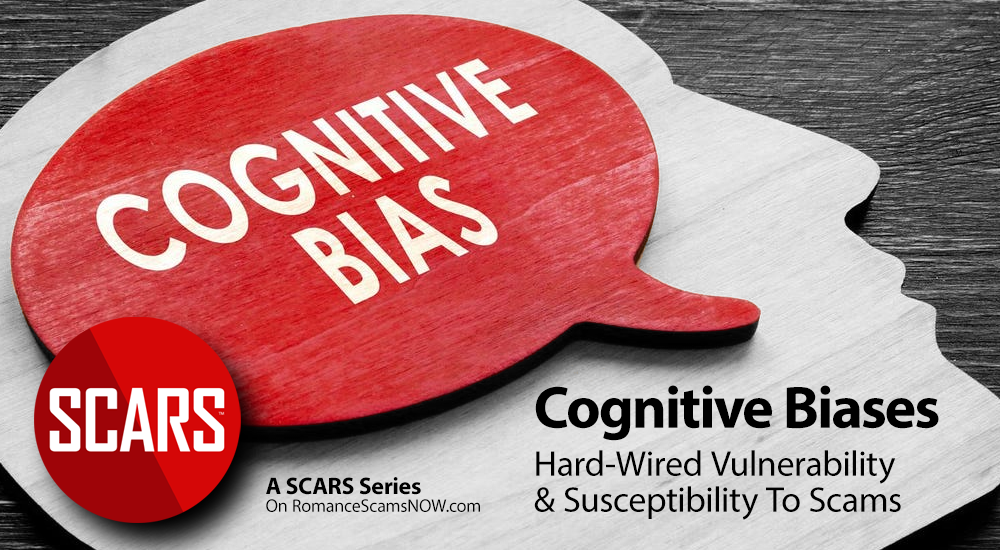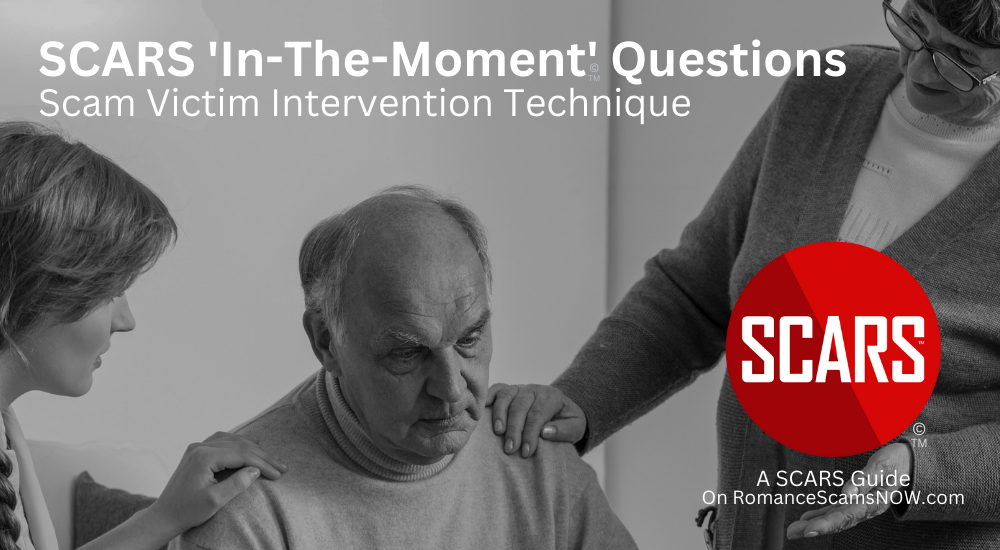Retrospective Framing – Your Past Is Not What You Think It Is!
What is Retrospective Framing?
Retrospective framing is an important and common cognitive bias that occurs when we interpret past events in a way that is consistent with our current beliefs or attitudes. This can lead to us misremembering or reinterpreting past events in a way that supports our current worldview.
There are several factors that can contribute to retrospective framing. One is our tendency to seek out and remember information that confirms our existing beliefs, while ignoring or forgetting information that contradicts them. This is known as confirmation bias.
Another factor is our tendency to view our past decisions as rational and well-informed, even if they were based on incomplete or inaccurate information. This is known as the hindsight bias.
Finally, our memories are not perfect, and they are subject to distortion over time. This means that our recollections of past events can be inaccurate, especially if we are trying to fit them into a narrative that supports our current beliefs.
Retrospective framing can have a number of negative consequences. For example, it can lead to us making poor decisions in the present, as we may be more likely to rely on our inaccurate memories of the past than on objective information. Additionally, it can contribute to conflict and division, as people may be less likely to see eye to eye if they have different interpretations of past events.
How is the Retrospective Framing bias different than the Framing Effect bias?
Retrospective framing bias and framing effect bias are both cognitive biases that can influence our decision-making, but they differ in their timing and focus.
Retrospective framing bias occurs when we interpret past events in a way that is consistent with our current beliefs or attitudes. This can lead us to misremember or reinterpret past events in a way that supports our current worldview. For example, if we currently believe that a particular politician is dishonest, we may be more likely to remember past instances of their dishonesty, while forgetting or downplaying instances of honesty.
Framing effect bias, on the other hand, occurs when we make decisions based on how information is presented to us. For example, if we are presented with a choice between two options that are essentially the same, but one is framed in a positive light and the other is framed in a negative light, we are more likely to choose the option that is framed positively.
In other words, retrospective framing bias affects our interpretation of past events, while framing effect bias affects our decisions about future events.
Retrospective Framing Can Lead to Relationship Scams
Retrospective framing can play a significant role in making individuals more susceptible to becoming victims of relationship scams. This bias can influence their perception of the scammer, the relationship, and their own actions, making it easier for the scammer to manipulate and exploit them.
Distorting Past Events
Retrospective framing can lead individuals to reinterpret past events in a way that favors the scammer’s narrative. For instance, they may overlook red flags or inconsistencies in the scammer’s behavior, attributing them to harmless misunderstandings or misinterpretations. They may also amplify positive aspects of the relationship, focusing on the emotional connection and shared experiences while downplaying any concerns or doubts that arose along the way.
Justifying the Scammer’s Actions
Retrospective framing can also lead individuals to justify the scammer’s actions, even in the face of clear evidence of deception or manipulation. They may attribute the scammer’s behavior to external factors, such as financial hardship or emotional distress, rather than recognizing it as intentional deception.
Minimizing Our Own Responsibility
Individuals may also use retrospective framing to minimize their own responsibility for falling victim to the scam. They may blame themselves for being gullible or for trusting too easily, but they may fail to acknowledge the manipulative tactics employed by the scammer. This can hinder their ability to learn from the experience and protect themselves from future scams.
Impact on Vulnerability
Retrospective framing can make individuals more vulnerable to relationship scams by:
-
-
Enhancing the scammer’s credibility: By distorting past events and justifying the scammer’s actions, individuals may perceive the scammer as more trustworthy and deserving of their trust.
-
Diminishing their own vigilance: By minimizing their own responsibility and overlooking red flags, individuals may be less likely to question the scammer’s intentions or recognize signs of deception.
-
Increasing emotional investment: By focusing on the positive aspects of the relationship and distorting negative experiences, individuals may become more emotionally invested in the scam, making it harder for them to break free.
-
Overcoming Retrospective Framing
To overcome retrospective framing, it is important to be aware of this bias and to critically evaluate our memories of the past. We should also be open to new information and perspectives, and we should be willing to question our own beliefs and assumptions.
To overcome retrospective framing and reduce susceptibility to relationship scams, individuals can:
-
Maintain critical awareness: Be mindful of the tendency to reinterpret past events to fit current beliefs and question whether their memories are accurate and objective.
-
Seek external perspectives: Share their experiences with trusted friends, family members, or professionals to gain an unbiased assessment of the situation.
-
Educate themselves about scams: Learn about common scammer tactics and red flags to better identify and avoid potentially fraudulent relationships.
-
Practice self-compassion: Avoid blaming themselves for falling victim to a scam; instead, focus on learning from the experience and taking steps to protect themselves in the future.
By adopting these strategies, individuals can mitigate the influence of retrospective framing and make more informed decisions in their relationships.
More:
- Relationship Scams And Their Impact On Memory (scamsnow.com)
- What Really Are Vulnerabilities That Lead To Scams? (scamsnow.com)
- The Scout Mindset And Scam Victims (scamsnow.com)
- Scam Victim’s Sacred Beliefs & Their Brain (scamsnow.com)
- Cognitive Biases Catalog (romancescamsnow.com)
- Shifting Baseline Syndrome (SBS) And Scam Awareness (scamsnow.com)
- Psychological Triggers/Emotional Triggers – What They Are And How They Work – 2023/2024 (scamsnow.com)
- Projection And Scam Victims (scamsnow.com)
- Magical Thinking – How Biased & Delusional Thinking Enslaves Scam Victims (scamsnow.com)
SCARS Resources:
- Getting Started Right: ScamVictimsSupport.org
- Sextortion Scam Victims: Sextortion Victims Support – The Essentials (scamvictimssupport.org)
- For New Victims of Relationship Scams newvictim.AgainstScams.org
- Subscribe to SCARS Newsletter newsletter.againstscams.org
- Sign up for SCARS professional support & recovery groups, visit support.AgainstScams.org
- Join our Scam Survivors United Chat & Discussion Group facebook.com/groups/scam.survivors.united
- Find competent trauma counselors or therapists, visit counseling.AgainstScams.org
- Become a SCARS Member and get free counseling benefits, visit membership.AgainstScams.org
- Report each and every crime, learn how to at reporting.AgainstScams.org
- Learn more about Scams & Scammers at RomanceScamsNOW.com and ScamsNOW.com
- Scammer photos ScammerPhotos.com
- SCARS Videos youtube.AgainstScams.org
- Self-Help Books for Scam Victims are at shop.AgainstScams.org
- Donate to SCARS and help us help others at donate.AgainstScams.org
- Worldwide Crisis Hotlines: https://blog.opencounseling.com/suicide-hotlines/
Other Cyber Resources
- Block Scam Domains: Quad9.net
- Global Cyber Alliance ACT Cybersecurity Tool Website: Actionable Cybersecurity Tools (ACT) (globalcyberalliance.org) https://act.globalcyberalliance.org/index.php/Actionable_Cybersecurity_Tools_(ACT)_-_Simplified_Cybersecurity_Protection
- Wizer Cybersecurity Training – Free Security Awareness Training, Phishing Simulation and Gamification (wizer-training.com)
-/ 30 /-
What do you think about this?
Please share your thoughts in a comment below!
Do You Need Support?
Get It Now!
SCARS provides the leading Support & Recovery program for relationship scam victims – completely FREE!
Our managed peer support groups allow victims to talk to other survivors and recover in the most experienced environment possible, for as long as they need. Recovery takes as long as it takes – we put no limits on our support!
SCARS is the most trusted support & education provider in the world. Our team is certified in trauma-informed care, grief counseling, and so much more!
To apply to join our groups visit support.AgainstScams.org
We also offer separate support groups for family & friends too.
Become a
SCARS STAR™ Member
SCARS offers memberships in our STAR program, which includes many benefits for a very low annual membership fee!
SCARS STAR Membership benefits include:
- FREE Counseling or Therapy Benefit from our partner BetterHelp.com
- Exclusive members-only content & publications
- Discounts on SCARS Self-Help Books Save
- And more!
To learn more about the SCARS STAR Membership visit membership.AgainstScams.org
To become a SCARS STAR Member right now visit join.AgainstScams.org
To Learn More Also Look At Our Article Catalogs
Scam & Crime Types
More SCARS
- ScamsNOW Magazine – ScamsNOW.com
- ContraEstafas.org
- ScammerPhotos.com
- AnyScam.com – reporting
- AgainstScams.org – SCARS Corporate Website
- SCARS YouTube Video Channel


















Leave A Comment